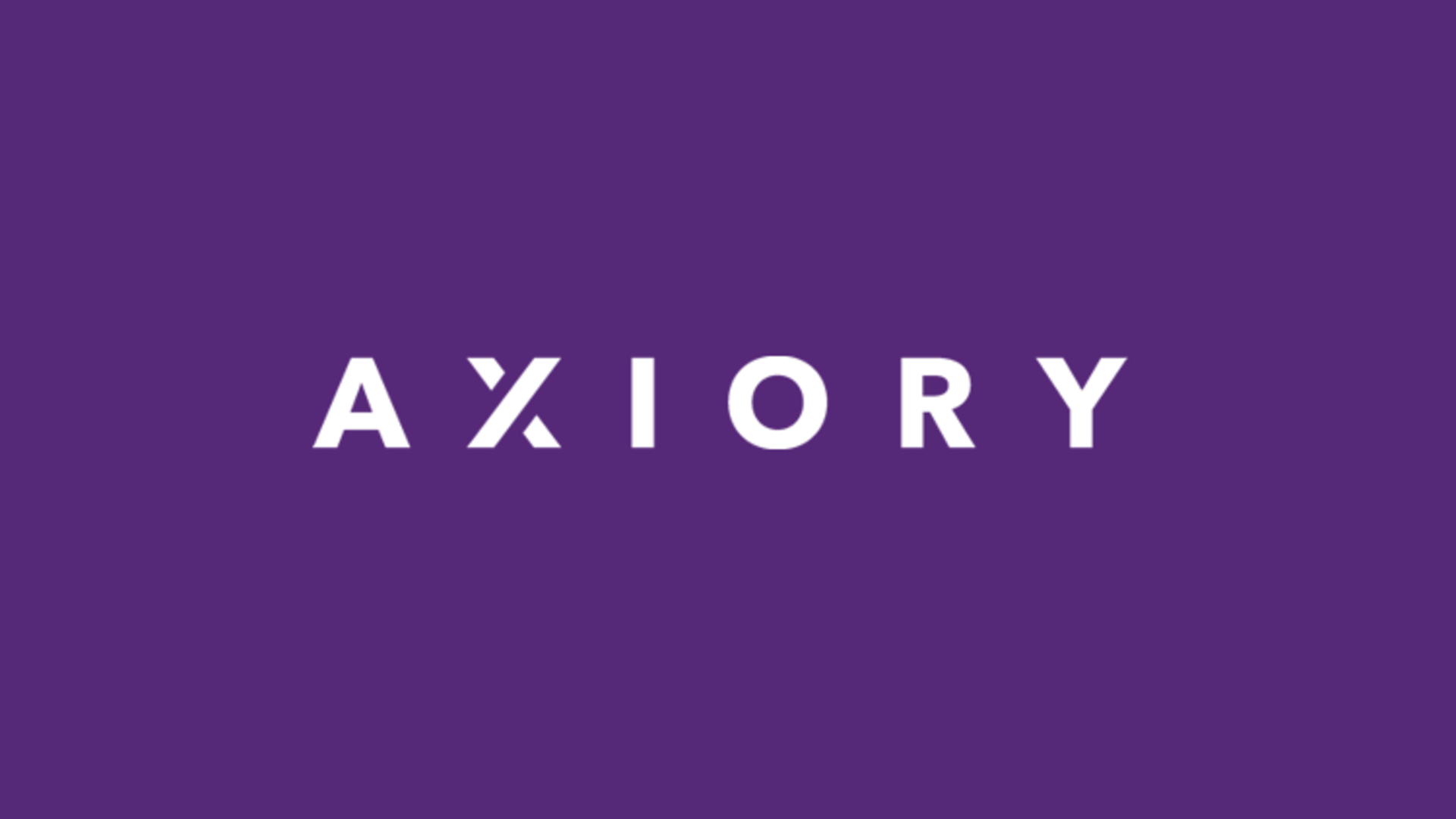Contents
Finland is a Nordic-European country that is known around the world for its breathtaking scenery in the form of places like Lapland and its northern lights, for its amazing saunas, and, of course, vodka. Thanks to their amazingly unique culture, Finland has been, and still remains, one of the most fascinating countries in the world.
These are not the only things that Finland is known for, however. For many years, like all of their Nordic neighbors, Finland has been known to be one of the richest countries in Europe, with standards of living among the highest in the world. In fact, Finland has ranked number one among the happiest countries in the world. This, of course, is mainly due to the economic prosperity that we just mentioned, along with a great healthcare system that is available to all citizens, an effective education system, and much more. For all of these things, Finland is known as one of the exemplary countries that show us how to grow and develop into a place that can work to create amazing conditions for all citizens.
In this guide, we will be taking a quick look at the Finnish Forex market, and discuss what Forex trading landscape currently presides in the country. Though Finland is always growing economically and is showing decent progress, Forex trading itself is definitely not one of its strong points. Sure, the popularity is growing bit-by-bit, but it’s definitely not on the same level as the Forex powerhouses like the UK and Germany. This guide will be discussing all sorts of different things Forex – regulatory and legal specifics, the opportunities, advantages and disadvantages, and many different things to consider and remember as a Finnish Forex trader.
Top Forex brokers in Finland
Choosing a Forex broker, especially in an environment like Finland, where the market is still in its developing state, can be really difficult, especially for beginners who don’t have the necessary know-h0w. This is why this list will be of huge help to you, as it contains only the very best of the Forex brokers that are available in Finland. These brokers were chosen based on how many opportunities they can bring you and help you to succeed, while simultaneously maintaining your safety and security. Check out all the brokers below, and you will, without a doubt, find the exact Forex broker that you’re looking for!
XM
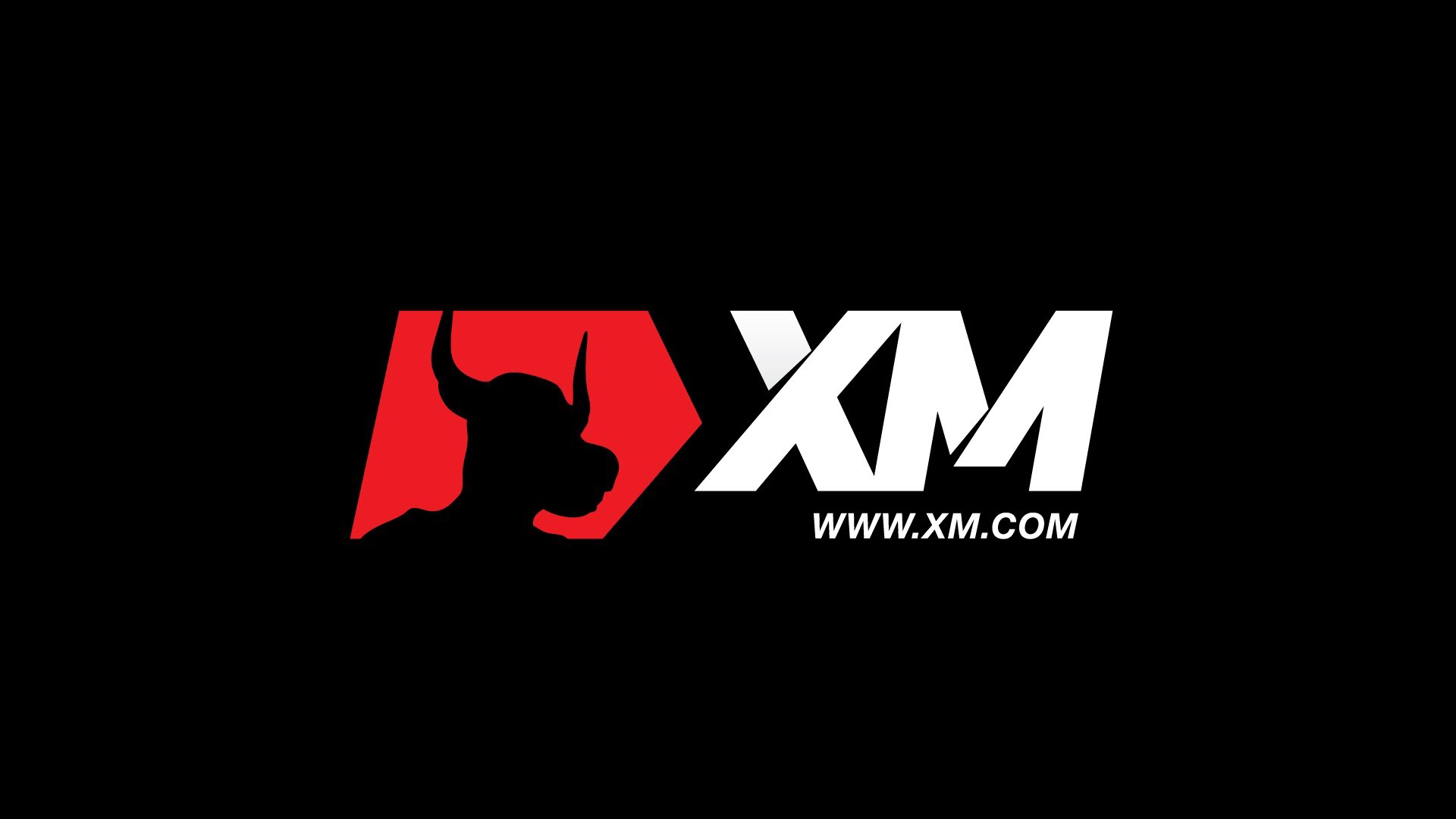

Min. Depo
$5

Licences
FCA, CySEC, IFSC, ASIC, DFSA

Leverage
1:888

Platforms
MT4, MT5, WebTrader
AvaTrade


Min. Depo
100 USD

Licences
ASIC, FSA, FSCA, FFAJ, FSRA, FSC

Leverage
400:1

Platforms
MT4, MT5
Exness
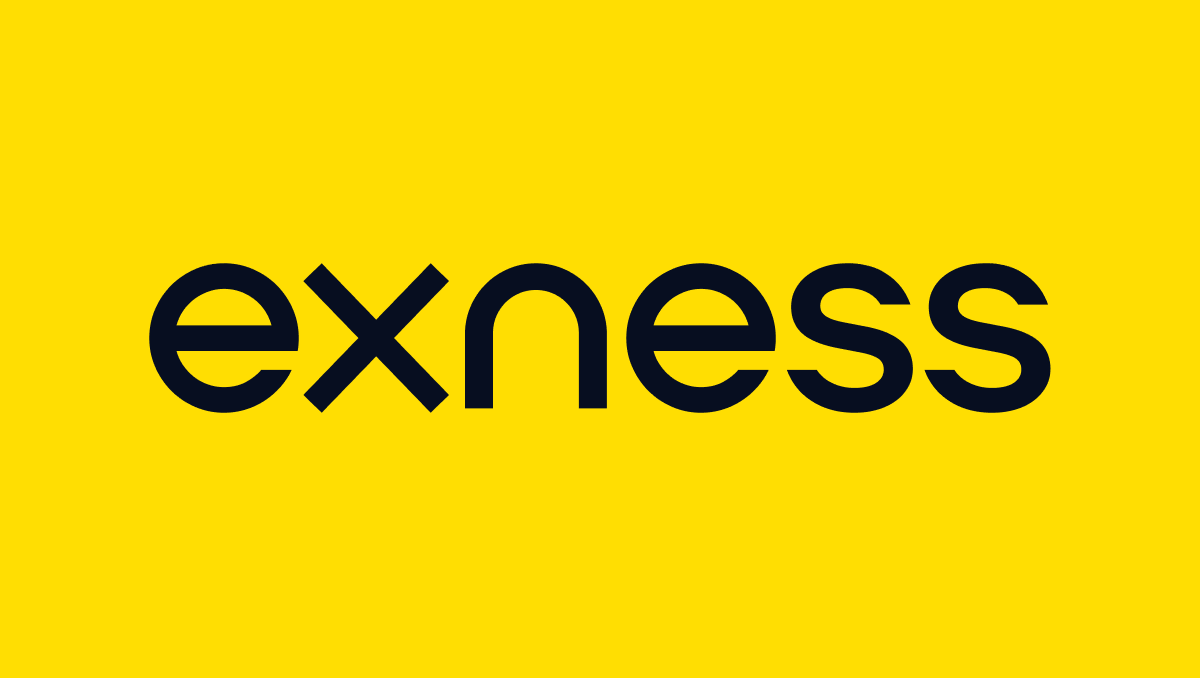

Min. Depo
$10

Licences
CySEC, FCA, SFSA

Leverage
1:2000

Platforms
MT4, MT5
FundedBull
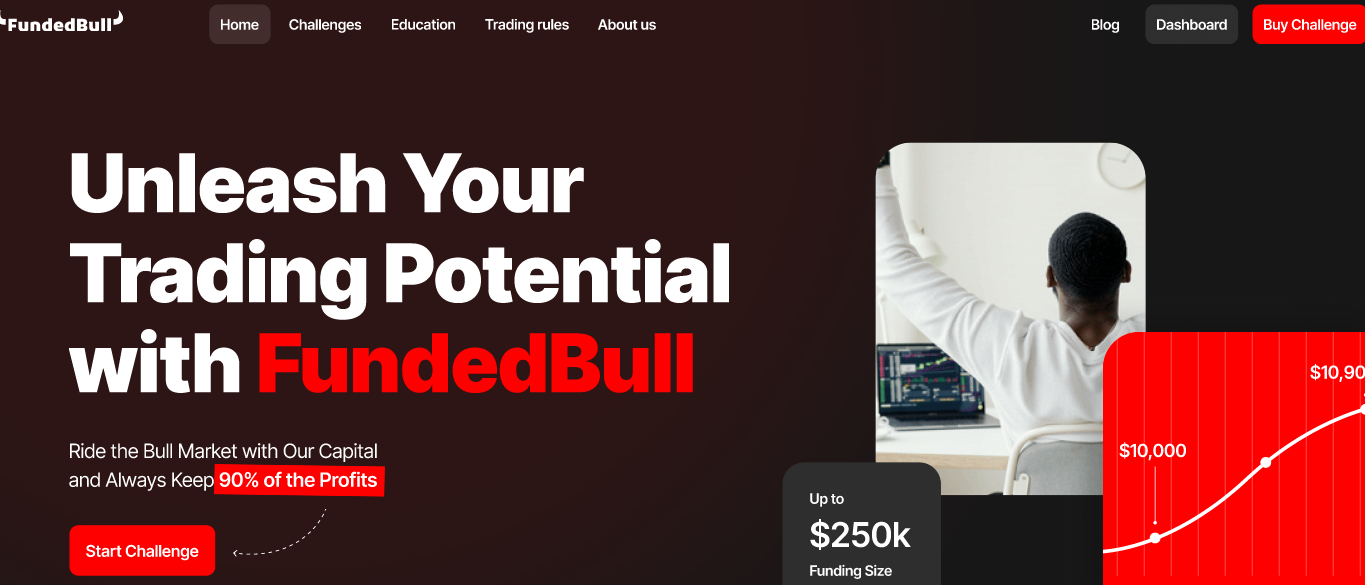

Min. Depo
49 USD

Licences
N/A

Leverage
N/A

Platforms
MT4, MT5, cTrader
Forex.com
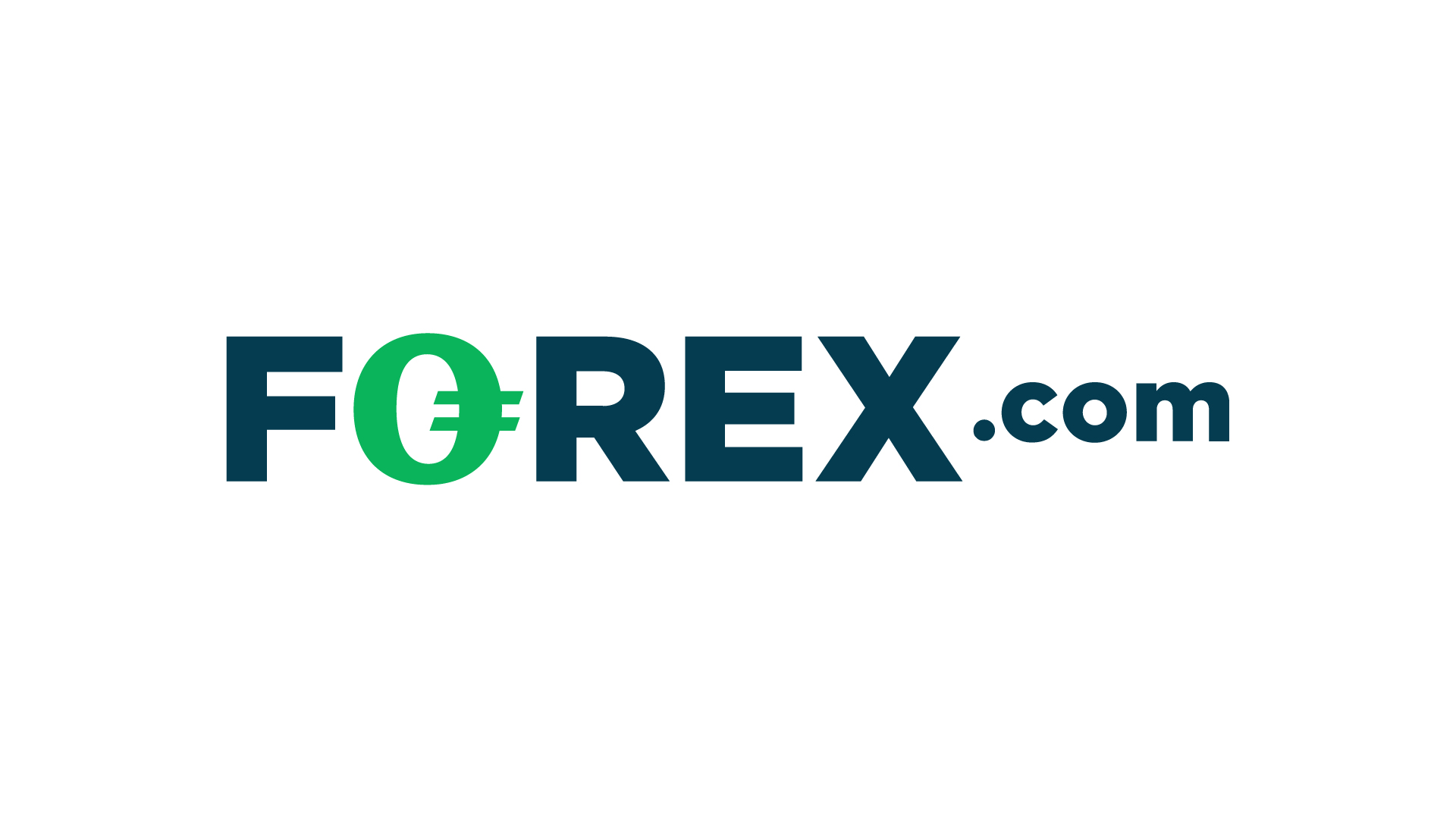

Min. Depo
$100

Licences
NFA, CFTC, FCA, FSA, IIROC and CIMA

Leverage
1:50

Platforms
WebTrader, MT4, MT5
CMTrading

Min. Depo
250 USD`

Licences
FSCA

Leverage
1:200

Platforms
MT4, WebTrader, Copykat
Plus500
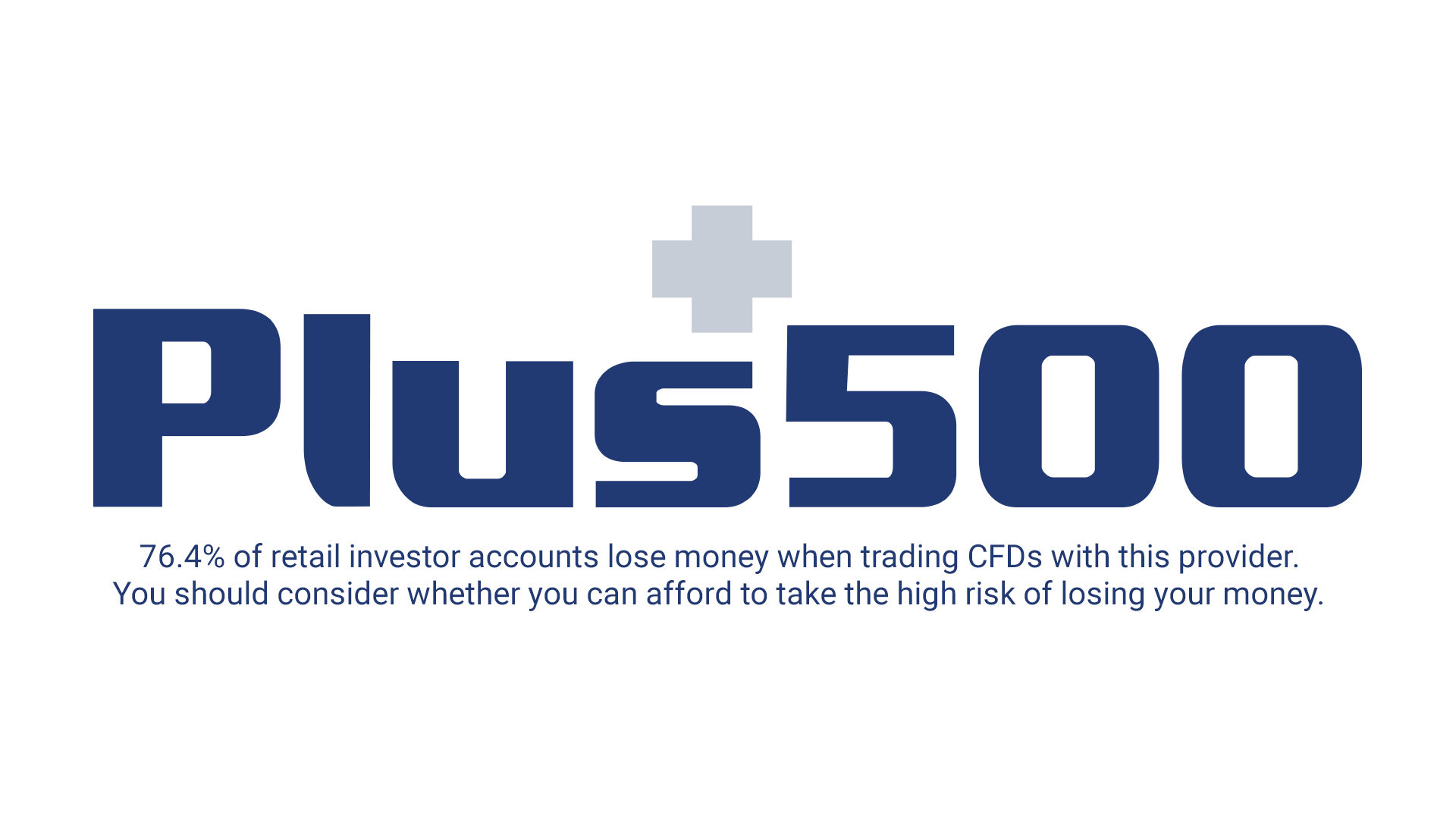

Min. Depo
$100

Licences
FCA, ASIC, CySEC, FSCA, FMA, MAS

Leverage
1:30

Platforms
WebTrader, Windows 10 Trader
Finish Forex regulations
In Finland, The official Forex regulatory authority is (FIN-FSA). FIN-FSA is an 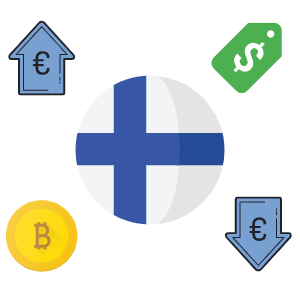 independent body that is in charge of regulating the financial markets and their participants n the country. Under this regulatory lens are many different market participants such as investment firms, insurance companies, credit unions, and, obviously, Forex brokers. FIN-FSA does a decent job at regulating said entities, and as such, has a good reputation as a financial regulator.
independent body that is in charge of regulating the financial markets and their participants n the country. Under this regulatory lens are many different market participants such as investment firms, insurance companies, credit unions, and, obviously, Forex brokers. FIN-FSA does a decent job at regulating said entities, and as such, has a good reputation as a financial regulator.
It was created back in 2009, as a result of merging between two separate entities, the Financial Supervision Authority (FSA), and the Insurance Supervision Authority (ISA). At the time, the government was seeing the need for a new regulator more and more, as Finland was having a tough time due to the 2008 financial crisis. The need for action was very apparent, and it didn’t take long for the authorities to act. The result is what we have today – a reputable and respectable authority that does a great job at making the market a better, safer, and more efficient environment not only for the brokers but the traders as well.
FIN-FSA regulates and controls the market via many different sorts of methods, such as rules laws, regulations, and restrictions. All of these things together are what we know as the Finnish regulatory framework, and these are what define your trading experience in Finland. Let’s take a quick look at some of these specifics, so you can get a better idea as to how it all works.
Forex licensing in Finland
Brokers that are locally-based and seek the local regulation can legally obtain permits and licenses from FIN-FSA. Of course, this has its own requirements and standards that the brokers need to satisfy. The brokers that manage to satisfy these certain requirements are given the license and are actively placed under FIN-FSA’s supervision. We will discuss what these specific requirements for the license are below, but for now, do note, that most of the brokers that you will encounter in Finland will not be actually locally-based and licensed.
In fact, the chances are high, that any Forex broker that you deal with in any EU country, will likely not be licensed locally. The reason for this is logical. Most of these international brokers are dealing with quite a lot of countries at the same time. Getting a license and permit for each and every country that has its own rules and requirements would be pretty much impossible. However, thanks to the MiFID and ESMA, the organization that is operating with the goal of harmonizing the Forex trading environments between different EU countries, it all gets much easier. The MiFID laws made it so that if a broker is licensed in any EU country, they can legally offer their services to all the other countries in the EU.
This, of course, means that you will encounter a lot of brokers in Finland that are not locally-based. In fact, most of these brokers will very likely be licensed from somewhere else. A common licensing body for many international, EU-based brokers is CySEC, which is a Cyprus-based regulator known for having some great regulatory, legal, and tax conditions that are very attractive for international brokers. Thanks to these favorable conditions, most brokers choose CySEC as their regulator, as it makes everything much easier for them. Other popular regulators are the UK’s FCA and Germany’s BaFin.
To sum up, it is perfectly fine to go with a broker that is not necessarily licensed in Finland. Thanks to the amazing work by these regulators, you can be sure that you are safe, in good hands. With that out of the way, let’s now discuss what kind of rules, regulations, and laws are in place, providing you with safety, security, and opportunities, as well as defining your experience as a Forex trader in Finland.
Limits on leverage
Leverage is, naturally, one of the main talking points when it comes to the discussion of regulations for the Forex markets. Why? Because it happens to be one of the riskiest instruments for Forex trading. Sure, it allows you to earn very large sums of money, even when you are limited in the capital; however, it can also be one of the things that could make you lose huge amounts of money. As such, at least some kind of a limit has been placed on the usage of leverage in almost all Forex environments.
ESMA, the organization whose guidelines are followed by most EU countries, suggests that the maximum leverage should be no higher than 30:1, and many EU countries have followed this rule. Some countries, however,r have chosen to set their own limit, rather than follow the one suggested by ESMA. Finland is one such country, where the leverage limit is higher than the EU standard of 30:1 and is currently limited at 50:1.
While this is nothing gigantic and is much lower than some countries where leverage limits are as high as 500:1 or even limitless, it is still considerably higher than what most countries have. ESMA’s leverage standards aside, many countries, such as Japan, have maximum leverage no higher than 5:1. All in all, if you are interested in using leverage and are confident about your skills and knowledge whilst using it, then you will absolutely love the higher leverage limits that it offers.
Extensive risk disclosure
FIN-FSA, as well as most other EU-based regulators, make extensive efforts towards informing the public. In fact, informing the public and increasing their awareness happens to be one of the main, most reliable methods of preventing fraud and unnecessary loss of money due to inexperience. This is why on the regulators’ websites you will be able to find detailed and extensive guides on how Forex trading works. The information will be diverse and plentiful, covering all the important details that are crucial for the beginners to know. On these websites, you will be able to learn how these trading instruments work, what are the advantages and disadvantages, and most importantly, how risky they are.
To expand on the last point, what many EU-based regulators are doing is making it mandatory for the brokers to disclose the risks associated with trading. In fact, any broker that is offering CFDs is legally required to put forward detailed risk disclaimers that would display what’s the exact percentage of the people that are losing money via CFDs with the respective broker. This allows the traders to know, beforehand, just exactly how risky these instruments are, and assess whether or not they’re ready or if it’s worthy for them to proceed with them.
Additionally, the brokers are also banned from promoting the CFDs via bonuses or any incentives of the same kind. The brokers that violate this rule will be penalized by the authorities accordingly. In the past, incentives like welcome bonuses were quite common international brokers and would attract a lot of beginners towards risky instruments that they should have nothing to do with. Luckily, to these new regulations and restrictions, not only are they not encouraged to do so anymore, but they are notified of the risks, and are advised to steer clear.
Extra safety measures for your funds
While making sure that you are safe by preventing much of the dangers associated with trading are great, it’s also important to make sure that the safety of your funds themselves is guaranteed after you invest. There are numerous measures in place to guarantee this. For one, according to the EU-wide laws, your funds will need to be kept in a segregated bank account. This means, that your broker is required to keep your funds separate from their own operating capital. This ensures, that the broker will not be able to, whether intentionally or unintentionally, to misuse your funds. Additionally, this also ensures your safety in case your broker goes bankrupt, has their accounts frozen/suspended, etc.
Aside from this, you also have a huge safety benefit in the form of the investor compensation fund. Investor compensation fund (ICF) is CySEC’s variation of the investor compensation schemes that are internationally-common with Forex regulators. ICF provides you with safety in multiple different forms. It is essentially a fund that your broker has to keep with the goal of compensating you in case of eligibility. In what kind of cases can you expect this compensation? Well, as is the case with account segregation, the aim of this practice is to defend you in case of a broker’s bankruptcy.
There are, however, some conditions that come with the usage of/benefiting from the ICF. As an example, the maximum limit of compensation per trader may be no higher than €20,000. There are all sorts of different conditions to consider for those looking to utilize these protection schemes, and most of them have their own variations. As an example, the maximum compensation limit per trader for the UK’s FCA is £85,000, which is over 4 times higher than that of the ICF. As such, make sure that you’re always conducting appropriate research on the exact terms and conditions. Taking a few minutes to familiarize yourself with the terms and conditions will really go a long way with paying off in the future.
The country’s economic landscape, and opportunities for Forex trading in Finland
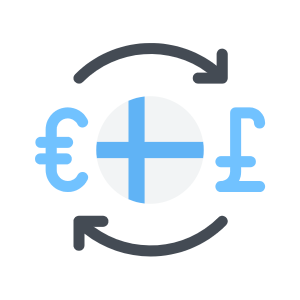 Finland is a very strong country economically. In fact, it is often considered to be one of the exemplary countries for strong economic performance. Despite not being a particularly rich country in terms of natural resources, Finland has still managed to utilize what it has to reach a level of economic prosperity that is unmatched by most other countries. With the current GDP of 276.7 billion and a population of 5.5 million, Finland’s standards of living are among the highest in the world.
Finland is a very strong country economically. In fact, it is often considered to be one of the exemplary countries for strong economic performance. Despite not being a particularly rich country in terms of natural resources, Finland has still managed to utilize what it has to reach a level of economic prosperity that is unmatched by most other countries. With the current GDP of 276.7 billion and a population of 5.5 million, Finland’s standards of living are among the highest in the world.
This is especially impressive when you consider the fact that Finland wasn’t always like this. For a very long period of time, Finland was an agrarian country, until it was forced to industrialize back in the 1950s. Since then, the country started developing and advancing economically on a very rapid scale. As of today, it is listed among the countries that are most advanced in education, public services, quality of life, civil rights, and much more.
Thanks to these favorable qualities, the country is quite an attractive prospect of a trading partner and therefore has some strong and stable trading partnerships with many economically-advanced countries such as Germany, the US, Sweden, Norway, the Netherlands, Russia, and more.
As mentioned, although the country isn’t particularly rich in many natural resources, it still manages to decently well on the trading front. Finland is a good producer of machinery and computers, of which it exports over $9.8 billion (13,4% of its total exports. Finland’s second-biggest export would be paper and paper items, exceeding $8.9 billion (12.1%) in value. The number is definitely impressive for the paper products, but it is nothing extraordinary, as Finland’s forestry sector is one of the strongest in the world. In fact, for many of Finland’s regions, forestry happens to be the primary source of income and employment. Aside from the paper industry we just mentioned, Finland is a big exporter of Wood ($3.1 billion, 4.2% share of the total) and Woodpulp ($2.8 billion, 3.8%).
Some of the other notable exports of Finland include mineral fuels and oil ($6.8 billion, 9.3%), vehicles ($5.7 billion, 7.8%), electrical machinery and equipment $5.7 billion (7.8%), iron and steel ($4.3 billion, 5.9%) optical/technical and medical apparatus ($3.5 billion, 4.7%) and plastic and plastic articles ($2.4 billion, 3.3%).
As you can see purely from the numbers, Finland does not happen to be a giant exporter of any specific thing, as is the case with many countries that are purely excelling at oil or anything similar. Rather, it has managed to build up a decent, respectable exportation position by taking a small bit of everything that it has and making the maximum use out of it. As a result, you have a market that is very broad and diverse. This, coupled with the stable, reliable, and ever-growing economy of the country, opens up a lot of opportunities for any motivated trader.
Pros and cons of the Finnish Forex market
Here is what we think the advantages and disadvantages of the Finnish Forex market are:
Pros
- Higher leverage limits
- A stable and progressive economy
Cons
- The number of locally-licensed and based brokers is low
So, what do the Finnish Forex brokers offer?
After reading this guide, you now know what the main merits of the Finnish Forex market are – the strong and stable economy of the country, a regulatory authority that is dedicated to ensuring the safety, stability, and prosperity of the market, the diversity, and versatility of the economy that would open up tons of different avenues that you can explore as an investor. The list of benefits can really be huge, and clearly shows that this market can accommodate any trader with any sorts of goals and aspirations!
If you are a Finnish citizen interested in getting started with Forex, we can say without hesitation, that there are tons of opportunities to claim here, and no matter what exactly you are looking for, you will be able to find it. Make sure that you conduct appropriate research before you get started, identify and define your goals clearly, always make sure that you’re growing your knowledge and skills, and you will be way ahead in setting yourself up for success as a Forex trader.


